Sprinter Sam Effah on running while Black
I am blessed to be surrounded on the start line by athletes I can identify with, and some of my biggest advocates are white, but the micro-aggressions and taunting never stop.
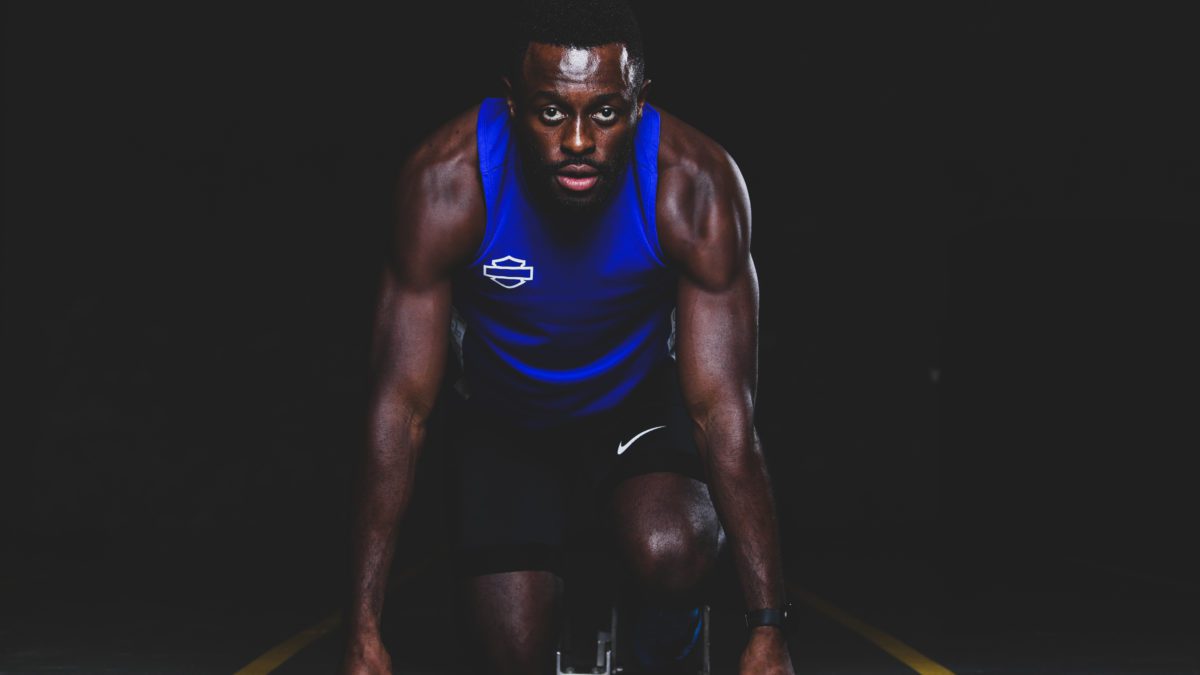 Photo by:
Candice Ward
Photo by:
Candice Ward
I step out of my apartment; the streets are empty. I rush to finish my sprints before sunrise hits. It’s an eerie feeling, but this is the reality of training through a pandemic. It’s different, it’s new, and I’m respecting social distance guidelines. I’m bundled up from head to toe because it’s chilly in the early morning. As people begin to populate the sidewalks, I joke to myself, “Are they staring because I’m out of breath from my workout? Or do they think I could be a threat?” I’ll never know.
People have done double takes on me for as long as I can remember. When you see a Black man in hooded clothing, what’s the first thing that pops into your mind? Do you assume he’s in sport? Do you think he’s going for a brisk walk? Are you neutral? Or do you hold a negative assumption? The latter is an unconscious bias in a society predominantly dictated by White ideals – and I hate it.
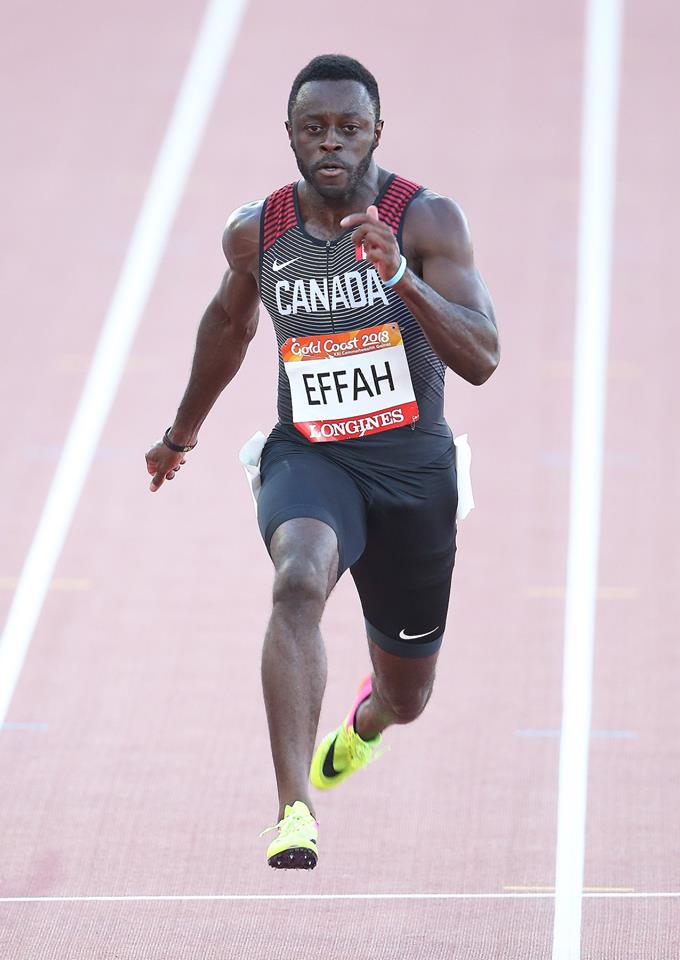
I’m not speaking on a new issue, but this is my personal experience. When you’re judged unfairly as a Black man, you suppress it, excuse it, develop a thick skin, and you keep it moving.
How does one begin to understand the rampant violence aimed at victims like George Floyd, Breonna Taylor, Philando Castile and Ahmaud Arbery? You don’t, because you can’t.
I personally identified with Lawrence Crosby, a 25-year-old Black engineering student who was tackled and arrested in Chicago in 2015 for “stealing” his own car. We were almost the same age. It was confusing to read the article, and painful to witness the tapes.
He was minding his own business, and the police racially profiled him and took him down aggressively. He co-operated peacefully. While the officers assaulted him, Lawrence recited the date of purchase and the car dealership’s address in case he ever faced a situation like this.
RELATED: Video of runner Ahmaud Arbery’s murder in Georgia sparks outrage

As a Canadian sprinter, I have been blessed to be surrounded on the start line by athletes I can identify with. I have a solid group of supporters from all backgrounds, with some of my biggest advocates being White. However, being subjected to micro-aggressions, taunting and racial slurs never stops. I’ve represented Canada across the globe at three world championships, three World University Games, two Commonwealth Games, and I am pushing for a 2021 Olympic berth.
I love track, because when I’m in the starting blocks, I have my own lane and my result is directly correlated to the efforts I’ve put forth in training. I control whether I win a medal, I am responsible for the races I lose and I am accountable for the injuries. Runners are judged by quantitative measures – which don’t discriminate. If you run the qualifying time and earn a place on the podium, you make the team.
In contrast, off the track I’m passionate about community development, mentorship and marketing – and I’ve had to prove myself more times than I can count. Why is it so difficult, as a Black man, to be viewed as more than an athlete?
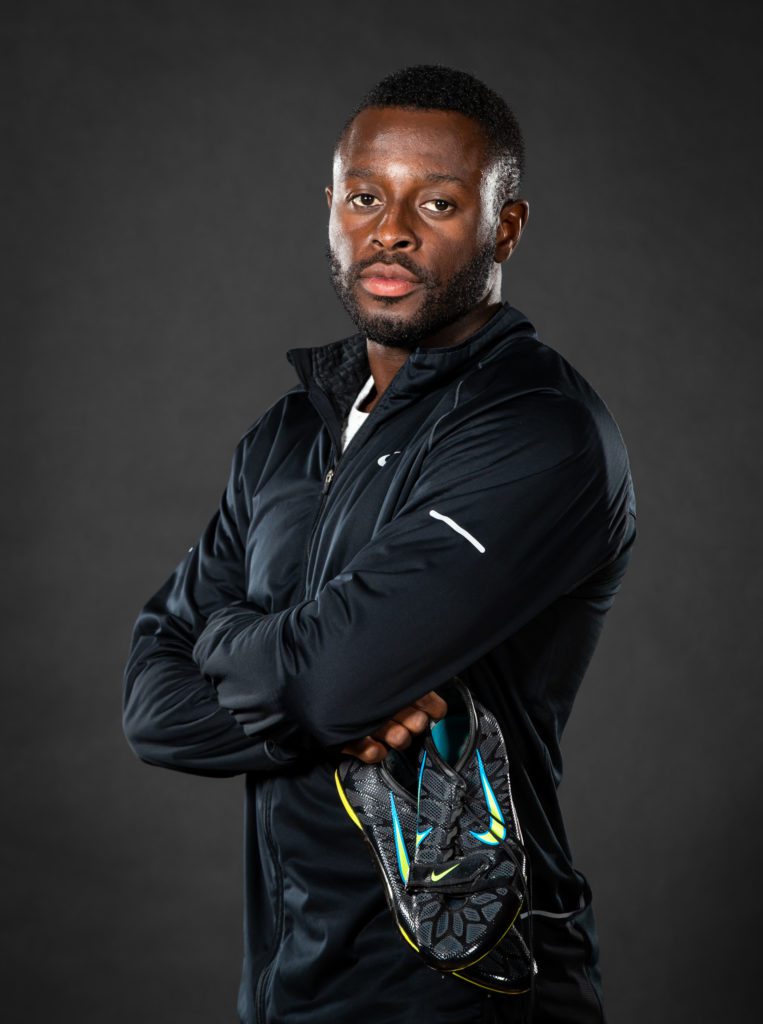
If you were to reverse the situation, few questions are asked of White athletes, and no one would be surprised to hear that he has several careers on the go.
“You ran track? There’s no way you graduated university, though.”
“Whoa! You’re so well spoken, for a Black dude!”
“I can call you ‘nigger’ – Black guys rap it in songs. I don’t mean it.”
“You’re smart, but you’re definitely the exception, no offense.”
I am a proud bachelor of commerce graduate, and each statement hits hard. And I work harder. I’ve made a conscious effort to give no one a reason to utter these words. I’ve done more than 120 speaking engagements over the last 10 years. I present to schools, corporate businesses, senior executives, CEOs and diverse communities. I’m a member of the Canadian Association of Urban Financial Professionals (CAUFP), an organization that provides a link between corporations and black communities through innovative programs. They offer professional development and networking, which have been game changers in my life.
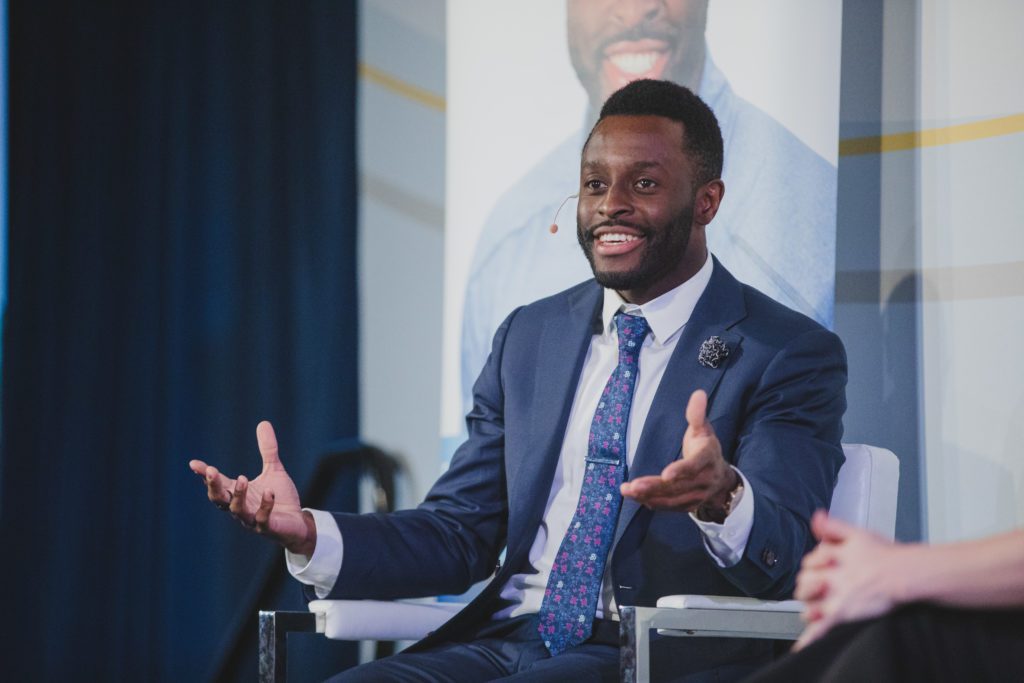
I love connecting with people, period. I want to show others that Black athletes and Black people generally are positive, contributing members to society.
I have spent a lot of time losing myself in this social media fever over the last few days, and I’m overwhelmed. Not because the situation is scary, but because it’s finally being taken seriously. I appreciate the check-in texts and the loads of inquiries to learn about my culture, but I’m extremely sad to see that we are still not having the right conversations.
This is not a Black issue, but an issue that needs to be addressed by everyone. Unconscious bias needs to be looked at head first. I challenge you to figure out how we can undo these built-in mindsets and build a better society – one where you’re judged not by the colour of your skin but by the content of your character, like Martin Luther King Jr. historically described.
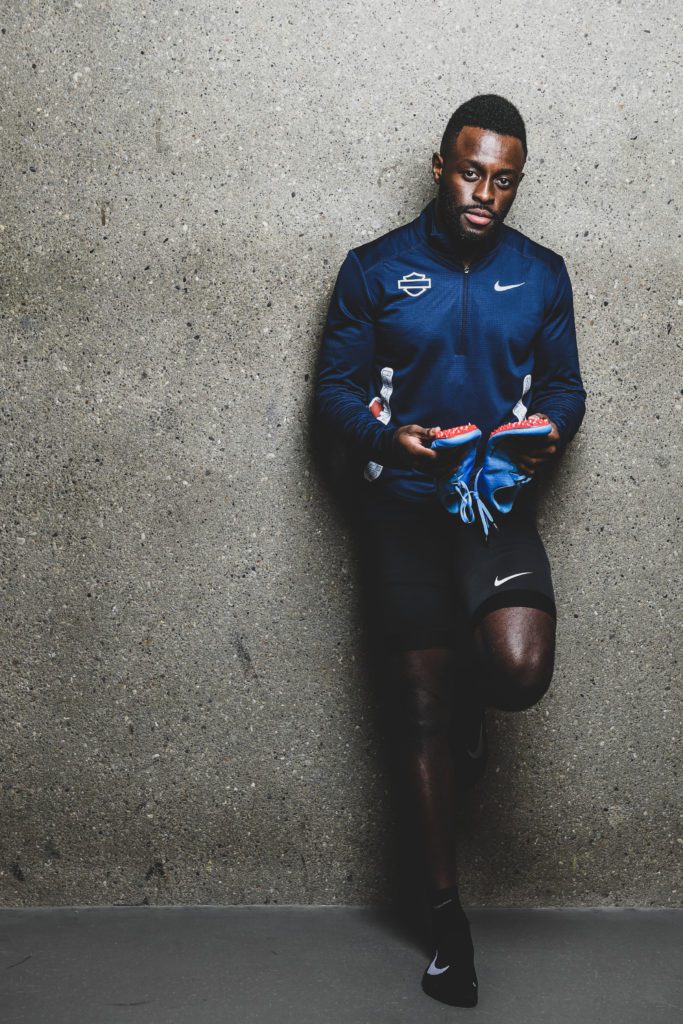
When you log out today, understand that retweets and reposts only go so far. Take the time to learn why you hold negative perceptions of Black people as a default, and take action on how you’ve developed these deep-rooted mindsets. Be a free thinker. Approach every individual you encounter with a clean slate.
RELATED: Amazing Race Canada: sprinters Sam and Sarah make the final three
I’m a proud Canadian athlete, and I recognize that it’s a privilege to learn about racism instead of experiencing it first-hand.
Sam Effah is a two-time Canadian 100m champion, 2019 Amazing Race Canada runner-up, RBC Olympian and Keynote Speaker, and a member of the Commonwealth Games Canada Athlete Council. His website is sameffah.com. Twitter/Instagram: @sam_effah.


